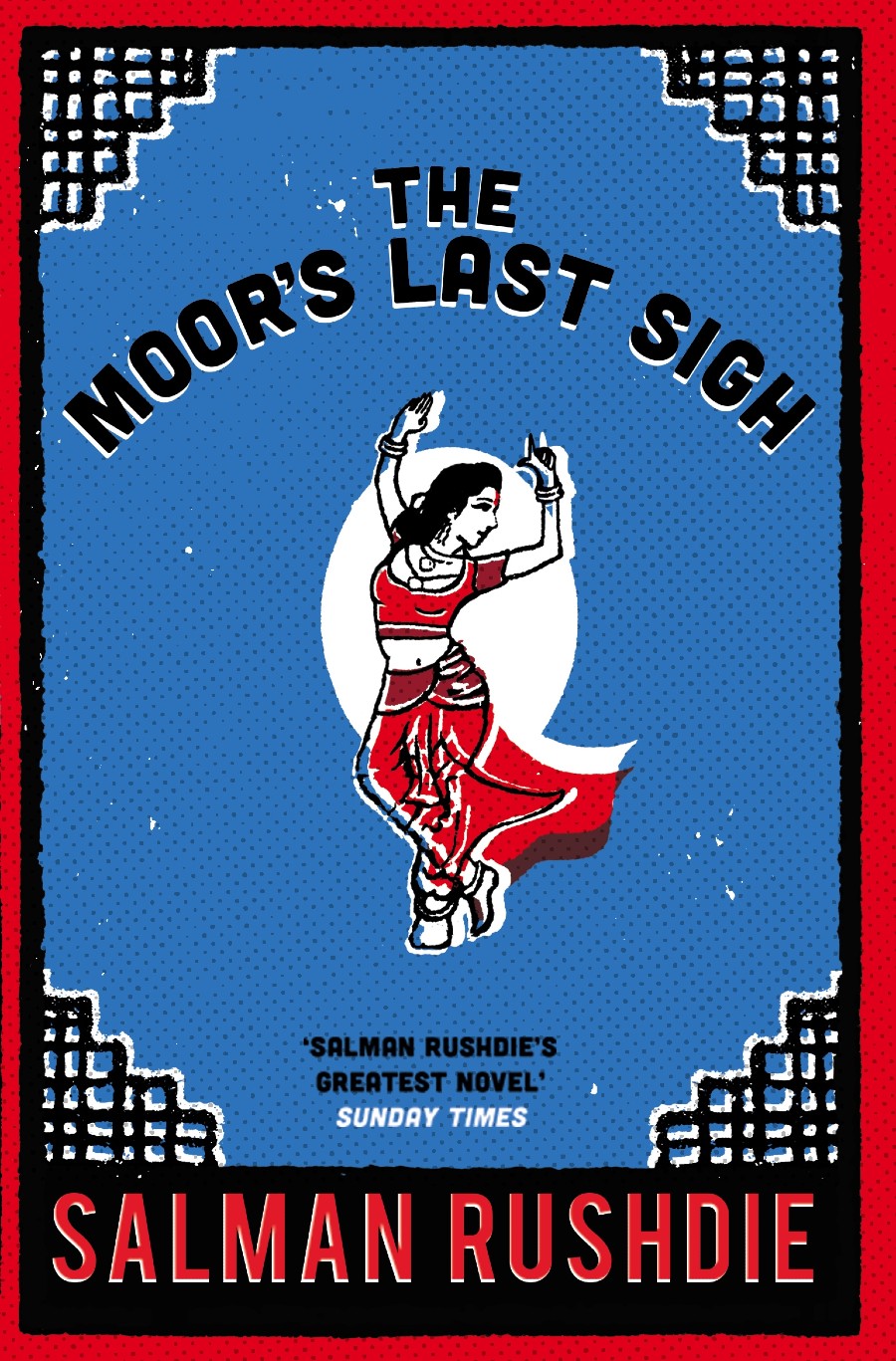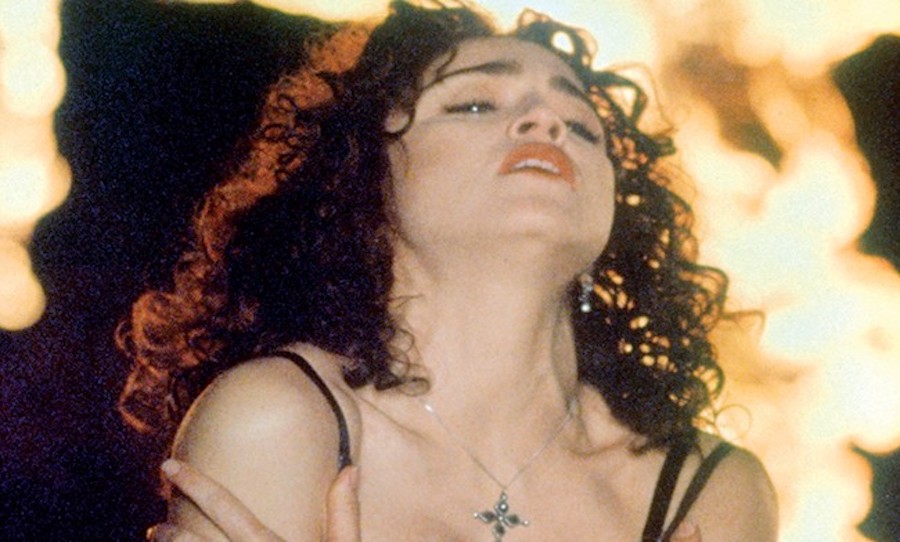Salman Rushdie was catapulted to world fame upon the release of Midnight’s Children and has since played a massive role in shaping modern literature. Here are his best books.
Amidst controversies and taking magical realism to new heights, Salman Rushdie is one of the most highly praised authors in contemporary literature. Thoroughly engaging and thought-provoking, Rushdie’s works live on the line where East meets West, where religion meets politics, and where life meets death.
Read on to explore some of the best Salman Rushdie works.

Midnight’s Children (1981)
Winner of the Booker Prize, and arguably Rushdie’s best-loved novel, Midnight’s Children follows the life of Saleem Sinai, who is born at the stroke of midnight, just as India gains its independence from Britain.
Born with special powers and a telepathic connection to 1000 other ‘Midnight’s Children’, Saleem’s well-being is inextricably linked to that of his nation. Comic, tragic, fantastic, and hailed as a classic of magic realism, this is the novel that revolutionised English literature.
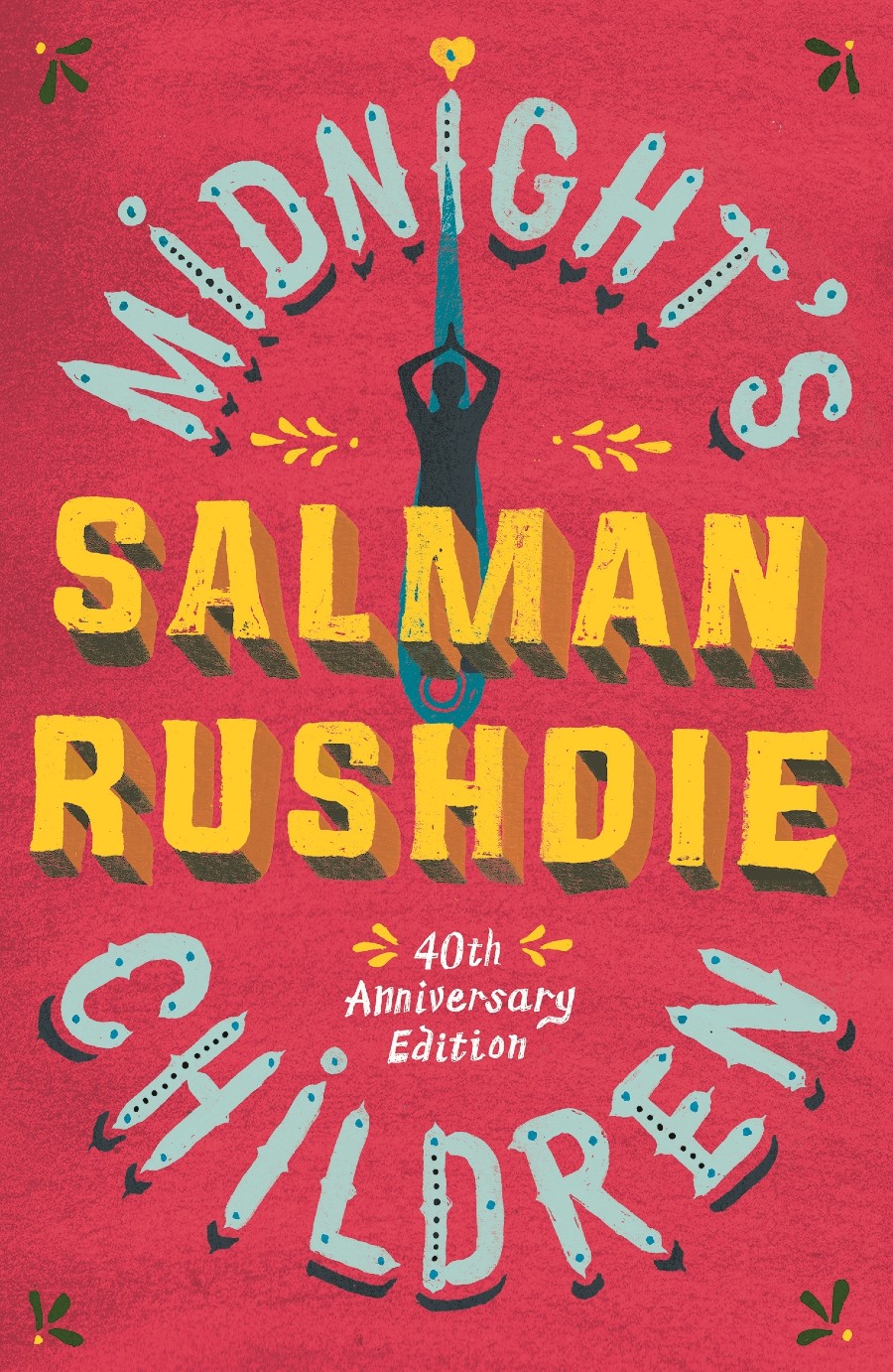
The Satanic Verses (1988)
Upon its release, The Satanic Verses provoked protests in several countries and resulted in a fatwā calling for Rushdie’s assassination issued by Ayatollah Khomeini — the Supreme Leader of Iran, in 1989.
Just before dawn one winter’s morning, a hijacked aeroplane explodes high above the English Channel and two figures fall, clutched in an embrace, tumbling towards the sea: Gibreel Farishta, India’s legendary movie star, and Saladin Chamcha, the man of a thousand voices. Miraculously surviving the accident, but at a price, Gibreel and Saladin find they have been chosen as opponents in a battle between Good and Evil. But chosen by whom? And which is which? And what will be the outcome of their final confrontation?
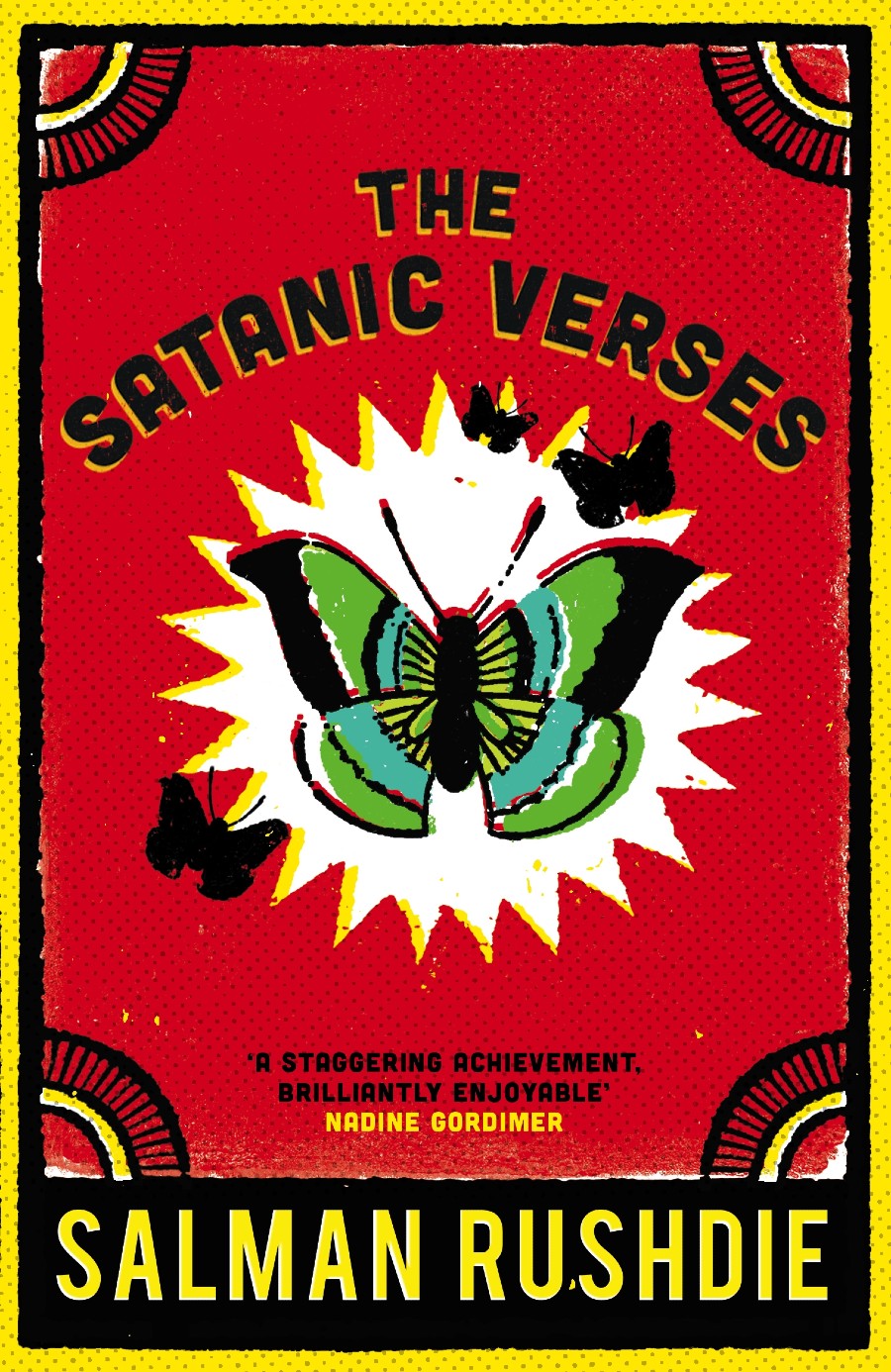
Shame (1983)
Salman Rushdie is one to shy away from post-colonial political theory. Shame was written to highlight artificial national divisions, and the complicity involved in such undertakings by the Generals and the politicians of the time, in particular, in the creation of Pakistan. It is widely said that he based his characters on Zulfikar Ali Bhutto and General Muhammad Zia-ul-Haq.
In a brilliant tale of an ongoing duel between the families of two men – one a celebrated wager of war, the other a debauched lover of pleasure – Shame is an astonishing story that grows more timely by the day. “Shame is every bit as good as Midnight’s Children. It is a pitch-black comedy of public life and historical imperatives” — The Times.
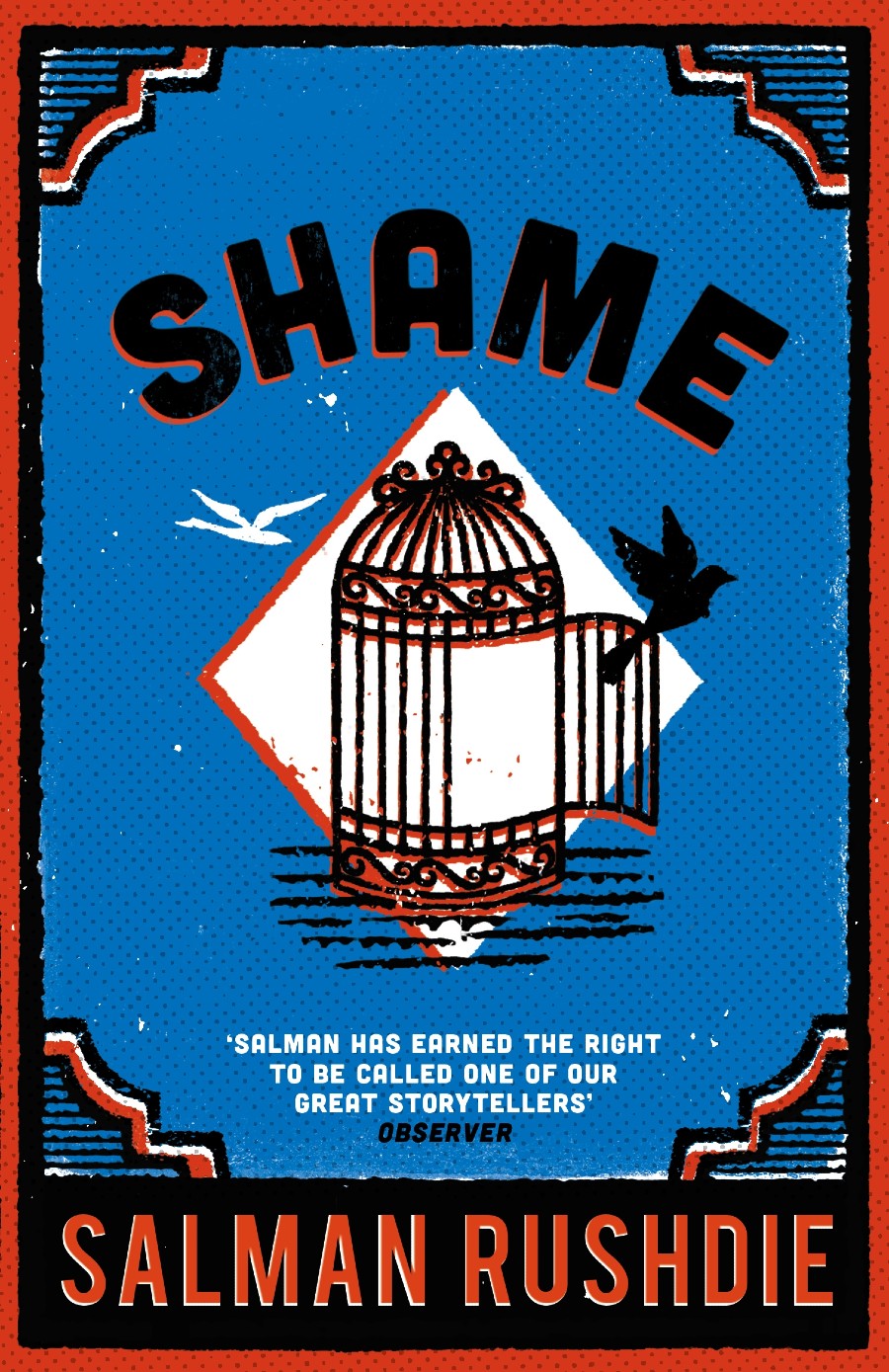
Shalimar the Clown (2006)
Fate played Shalimar a cruel hand. Torn away from his native home of Kashmir and brought to Los Angeles where he works as a chauffeur, his past as a legendary skilled tightrope walker is but a distant memory.
One day he gets up, goes to work and brutally kills his boss, America’s former counter-terrorism chief Maximilian Ophuls, in full view of the victim’s illegitimate daughter, India. Heavy with political overtones, the roots of Shalimar the Clown are deeply grounded in the diaspora of Kashmir. The Financial Times call this “Rushdie at his most flamboyant best.”
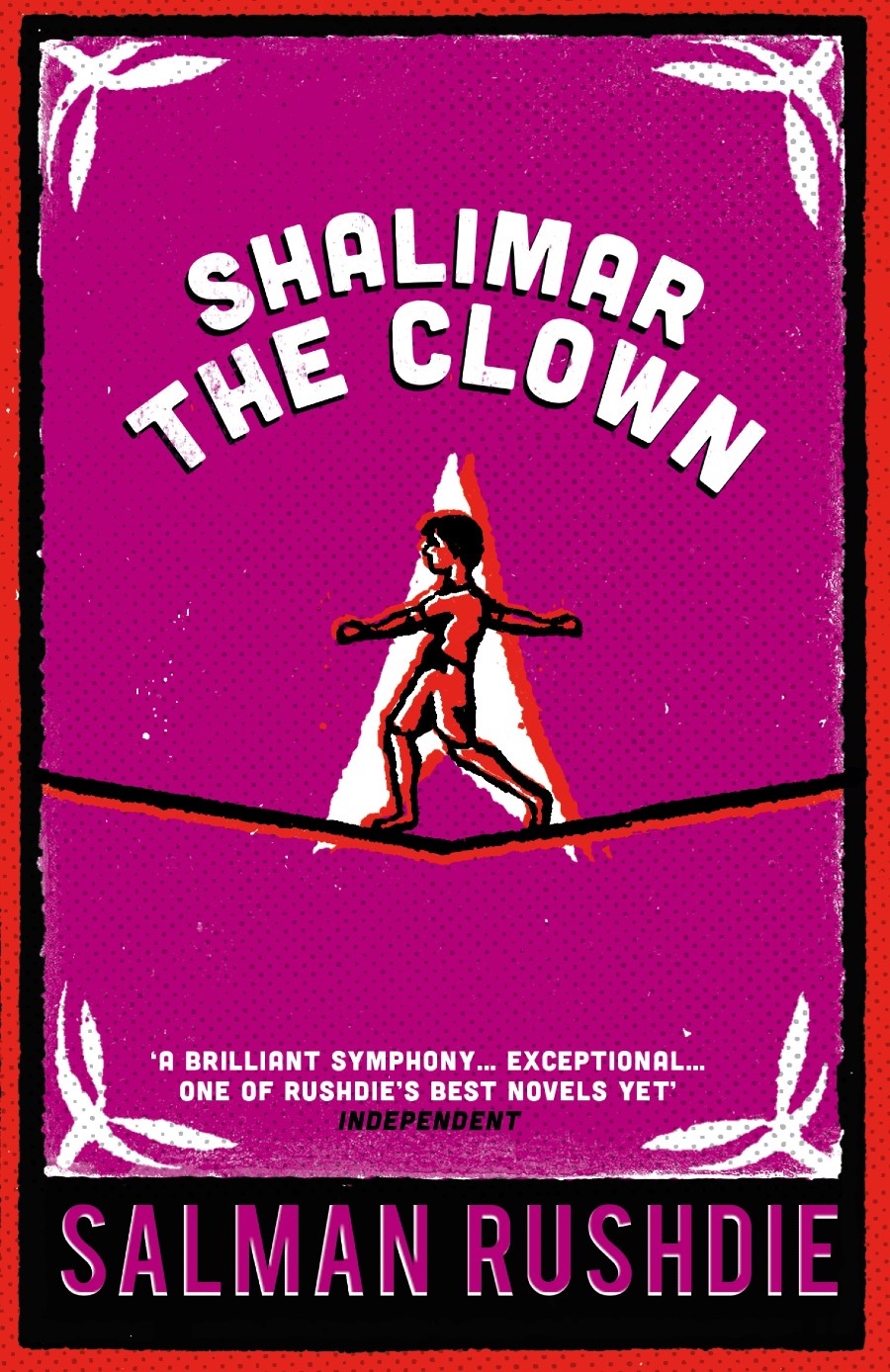
Haroun and the Sea of Stories (1991)
Written in the shadow of the fatwā, Haroun and the Sea is about the dangers of story-telling and serves as a metaphorical defence of the power of stories that have been silenced. Rushdie dedicated this book to his son, from whom he was separated for some time.
At once magical and fantastical, the story is set when Haroun’s father, an expert storyteller, runs out of stories to tell. Haroun flies off on the back of the Hoopie bird to the Sea of Stories in a bid to deliver to his father the gift of storytelling.

Fury (2002)
After a series of exits and personal failures, Malik Solanka steps into a new life in New York City. But New York is not what he expected. The city is bubbling with fury and mired in mayhem from a serial killer that is on the loose and all of the petty resentments of the city threaten to engulf his very existence. A hugely entertaining, and spectacular pitch-black comedy. The Guardian calls it a “Both a howl of rage and a love letter… Rushdie is a very great novelist – our greatest.”
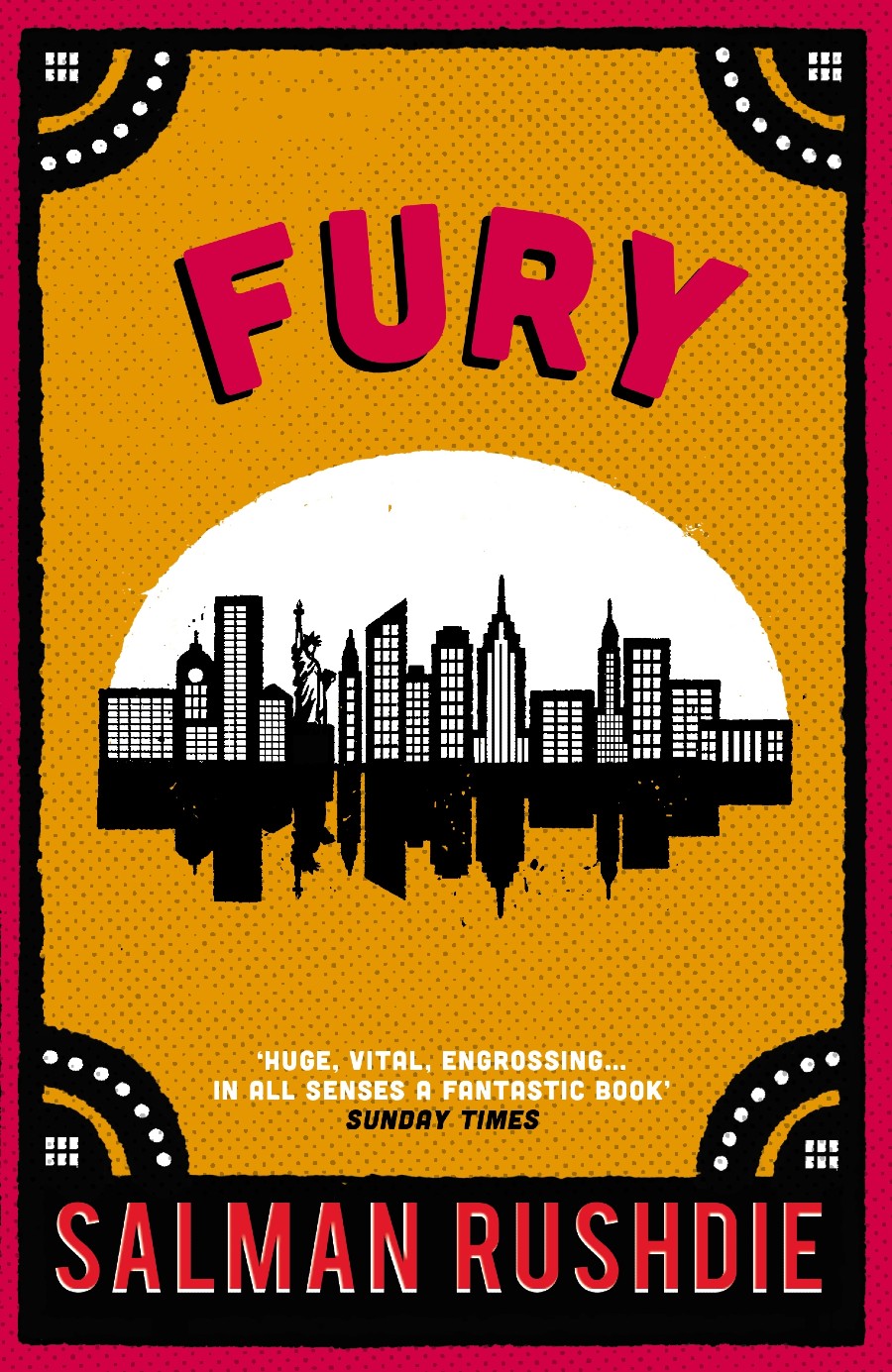
The Golden House (2018)
A satirical novel set in contemporary America. Real-estate tycoon Nero Golden immigrated to the States with his three adult children under mysterious circumstances and moved into a grand mansion in downtown Manhattan. It’s told from point of view of their neighbour and confidant, René — a budding filmmaker.
He chronicles the house of mystifying Golden: the money, art, fashion, sibling quarrels, the arrival of a beautiful woman, betrayal, and murder.
Observer, Book of the Year Alex Preston names it “one of the most vivid and convincing portraits of contemporary America I’ve read.’”
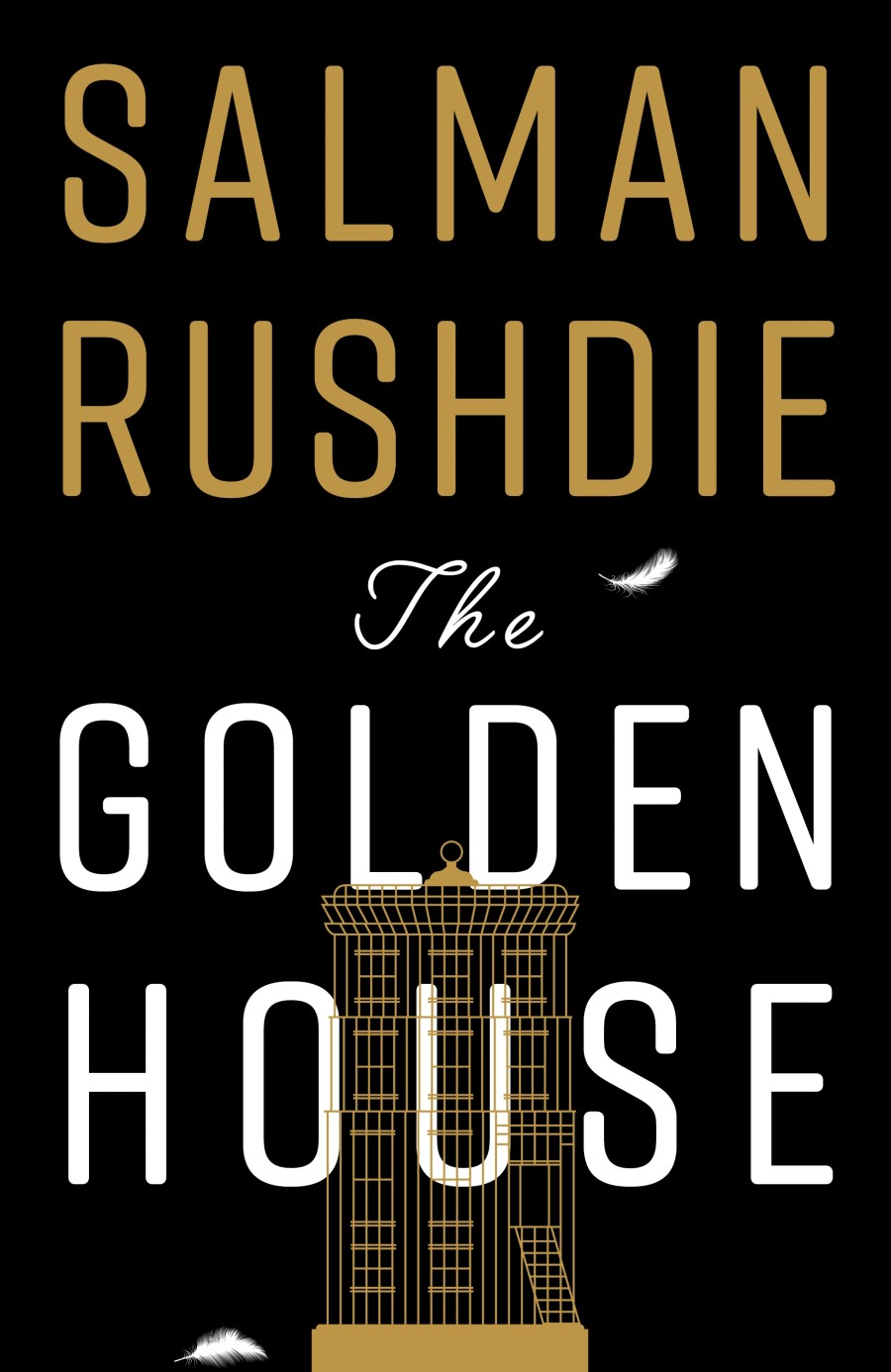
Quichotte (2020)
Inspired by Miguel de Cervantes’s classic novel Don Quixote, Quichotte is a modern masterpiece about the quest for love and family. Sam DuChamp, a mediocre writer of spy thrillers, creates a new character: Quichotte aka Ismail Smile — an ageing travelling salesman who falls impossibly in love with a woman on TV and sets out on a quest to win her heart.
Together with his (imaginary) son Sancho, Quichotte sets off on a quest across America to prove worthy of her hand. Meanwhile, his creator, in a midlife crisis, has equally urgent challenges of his own.
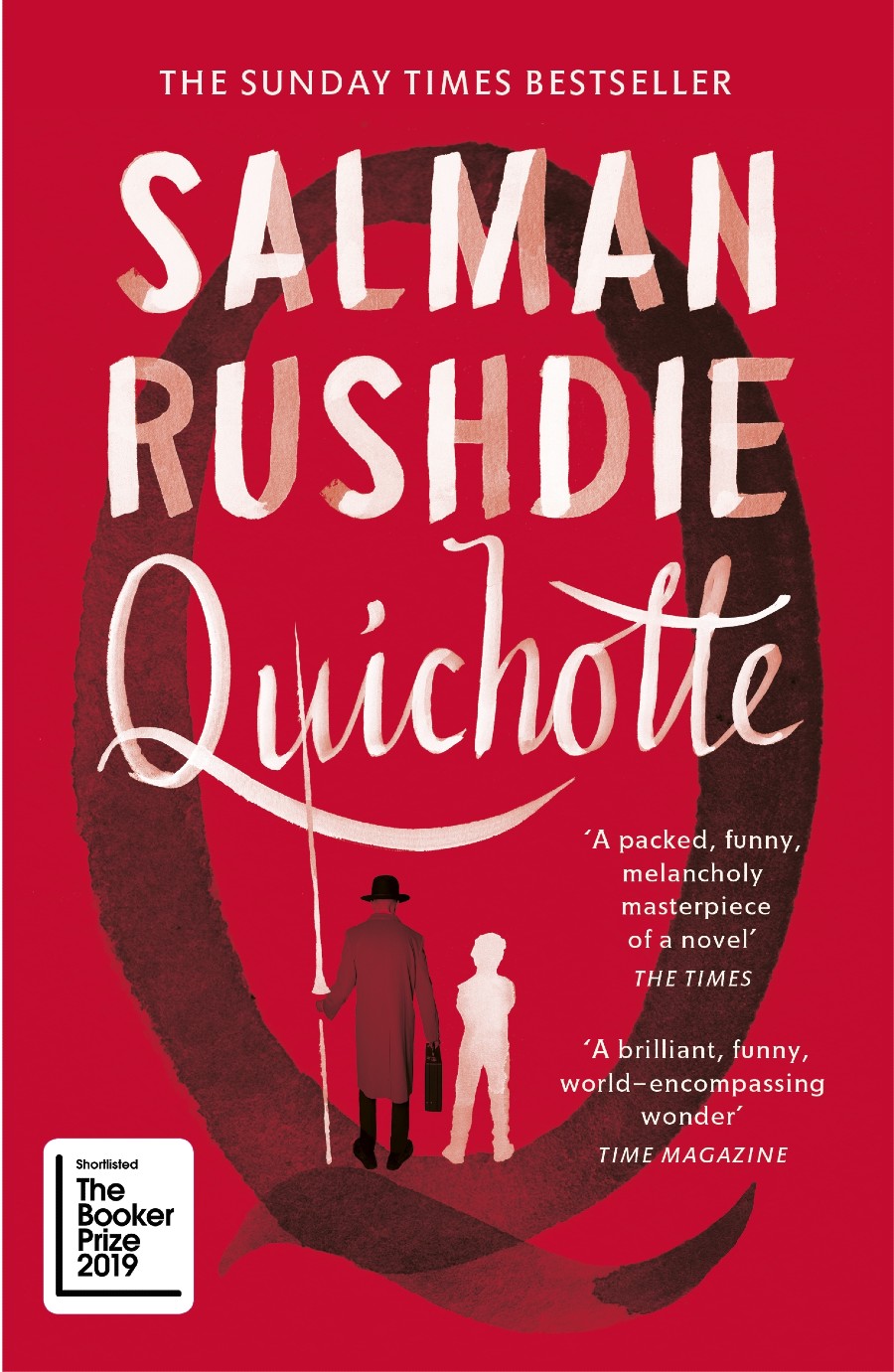
The Ground Beneath Her Feet (1999)
Inspired by rock music and the Greek myth of Orpheus and Eurydice, The Ground Beneath her Feet is an epic rock and roll love story of two young men both chasing after the same young woman.
With a rich reference to cultures and stories from rock and roll in its earliest beginnings and an introduction to some of his characters from earlier novels, Rushdie creates an unforgettable tale that transcends time and space. In U2’s song of the same name, Salman Rushdie is credited as the lyricist, as the words are taken from his book.
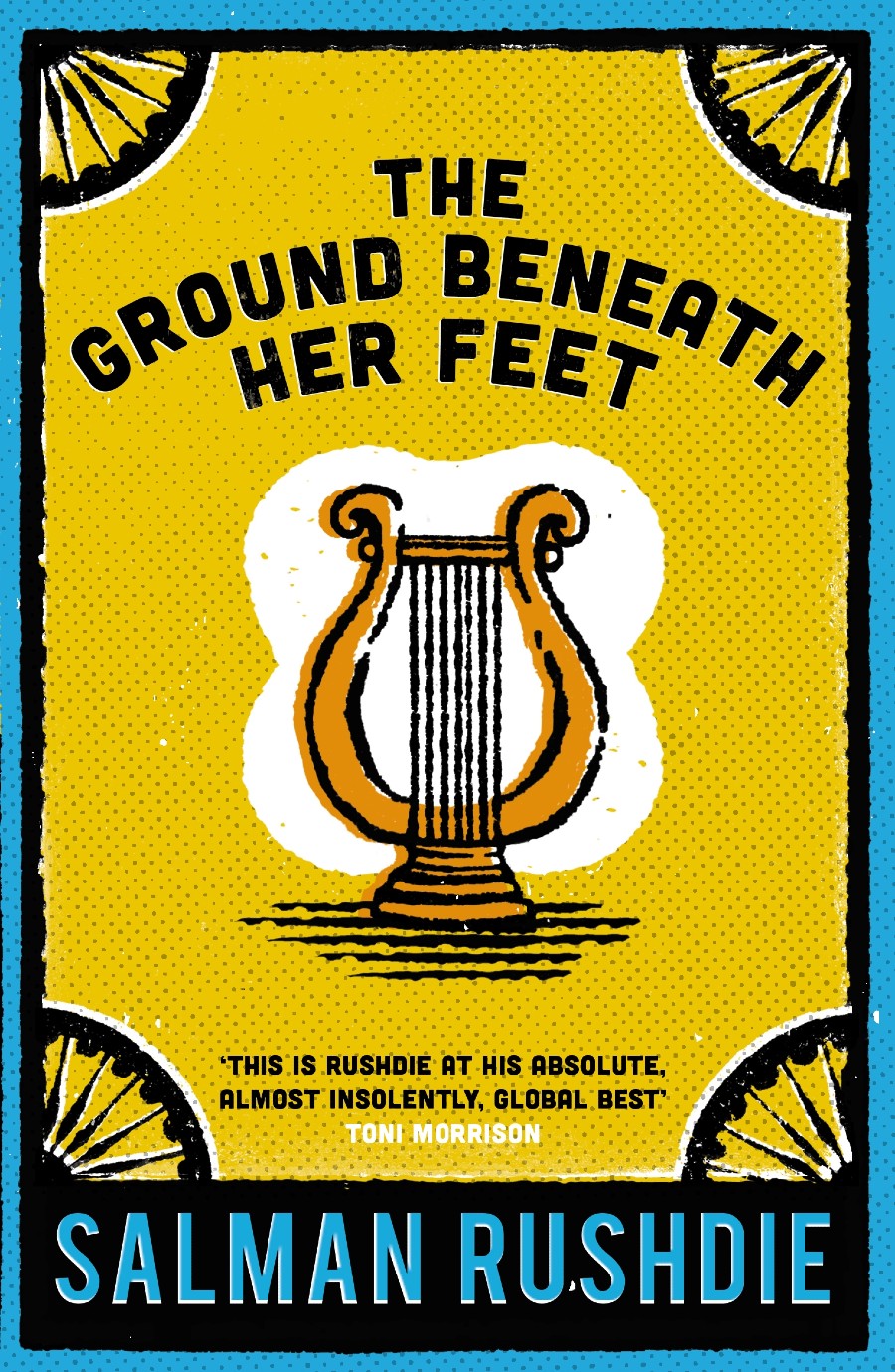
The Moor’s Last Sigh (1995)
Moraes Zogoiby (aka Moor) is the last in the line of a fantastical lineage of spice merchants and crime lords from Cochin. He is also an obsessional storyteller, mesmerising in his retelling of how the past has led up to the present moment.
The Moor’s Last Sigh draws on historical and cultural references, including the life of the last Moorish King of Granada, and events in modern-day India. V.S. Pritchett, from the New Yorker names Rushdie as “a great novelist…a master of perpetual storytelling”
